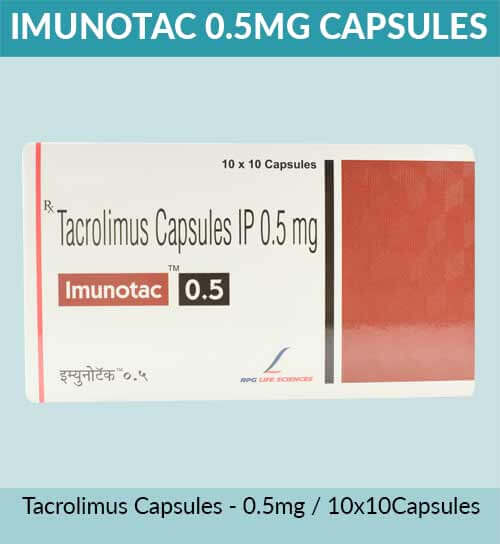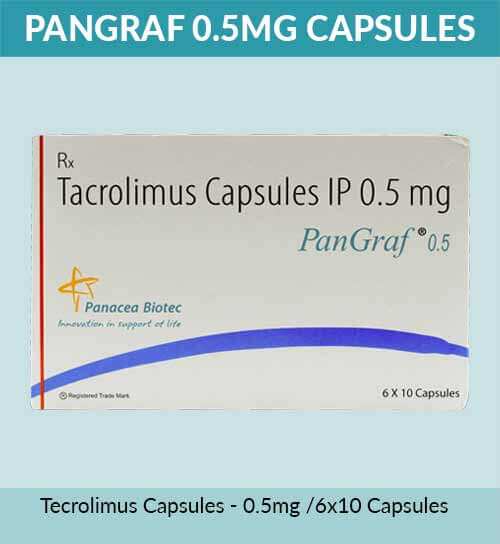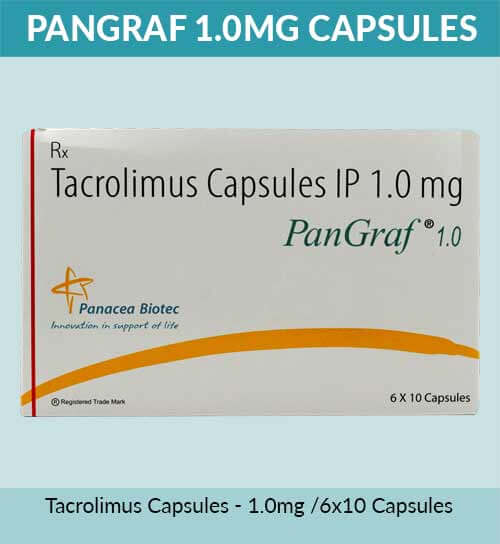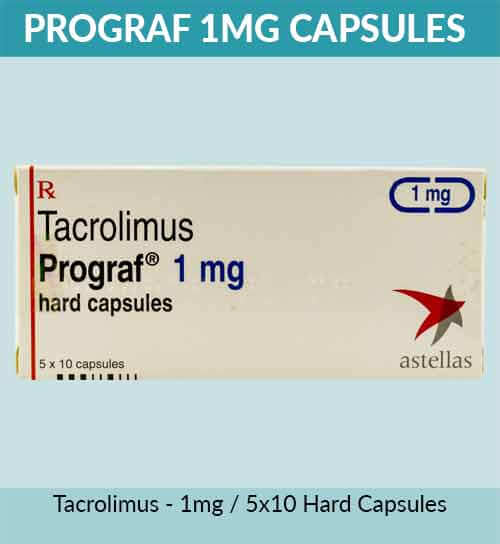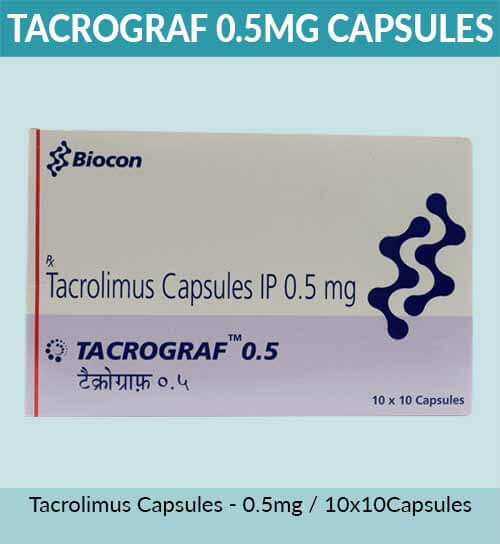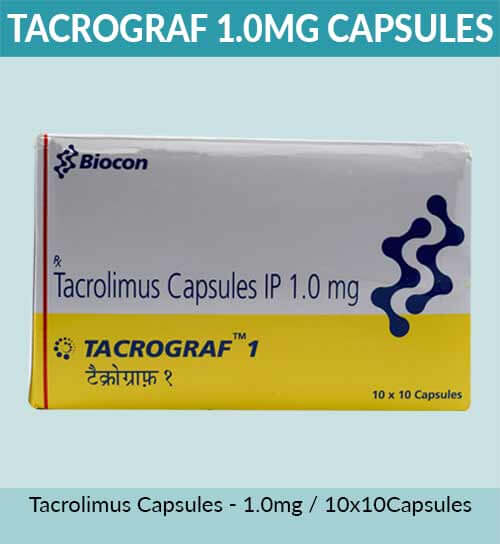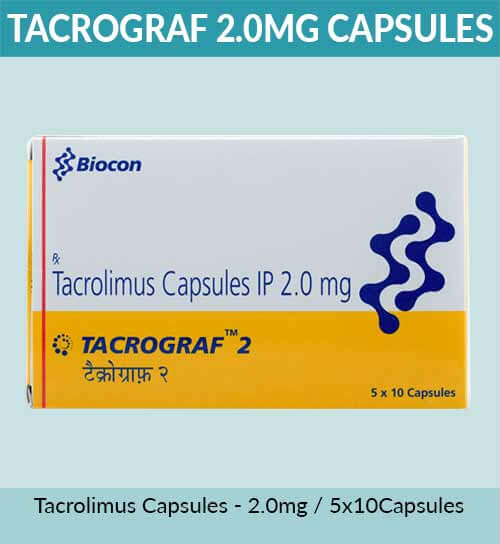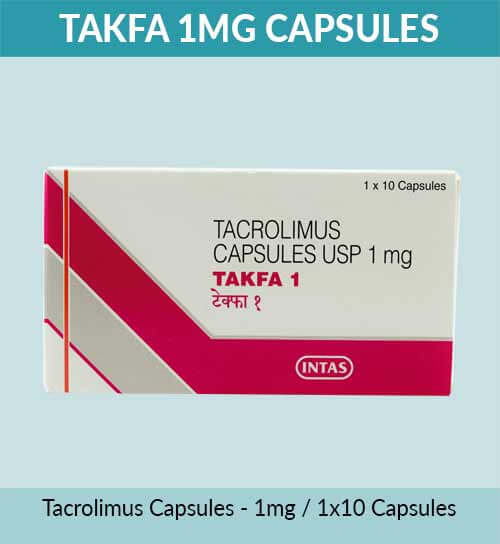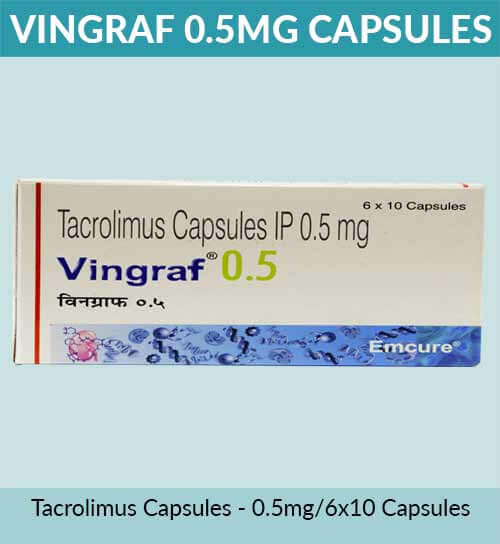Tacrolimus
Tacrolimus is a medication commonly used in organ transplantation to prevent organ rejection. It belongs to a class of drugs known as immunosuppressants, which work by suppressing the immune system’s response to foreign substances.
By inhibiting certain immune cells, tacrolimus helps to prevent the immune system from attacking and damaging the transplanted organ. This allows the body to accept the new organ and reduces the risk of rejection.
Tacrolimus is typically administered orally or as a topical ointment. The dosage and treatment regimen may vary depending on individual factors such as the type of organ transplant and the patient’s response to the medication. Regular monitoring of blood levels is necessary to ensure that the drug is maintained within a therapeutic range.
While tacrolimus is effective in preventing organ rejection, it can also have side effects. Common side effects may include tremors, high blood pressure, kidney problems, and an increased susceptibility to infections. It is important to discuss any concerning symptoms with a healthcare provider.
Tacrolimus may interact with other medications, so it is crucial to inform the healthcare provider about all current medications, including over-the-counter drugs and supplements, before starting treatment.
Regular follow-up visits with the healthcare team are essential to monitor the patient’s response to tacrolimus and adjust the dosage if necessary. It is important to adhere to the prescribed treatment plan and take the medication as directed by the healthcare provider.
In summary, tacrolimus is an immunosuppressant medication used in organ transplantation to prevent organ rejection. By suppressing the immune system’s response, it helps the body accept the transplanted organ. Regular monitoring and close communication with healthcare providers are important for successful treatment outcomes and managing potential side effects.

